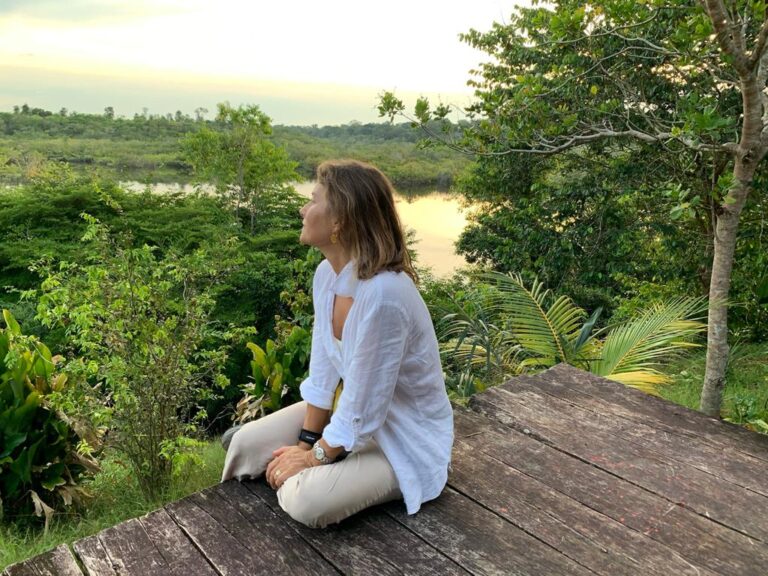What is regenerative travel?

More and more frequently we hear about regenerative travel, but what is it?
Regenerative travel is a concept that emphasizes the positive impact of travel on the environment, local communities and cultural heritage. It involves taking steps to restore and regenerate natural ecosystems and cultural heritage sites, while providing economic and social benefits to local communities, and preserve cultural traditions.
This concept is based on the belief that travel should be a force for good in the world, and that travelers must be responsible when they travel: by protecting the places and supporting people that live in the locations they are going to visit.
The goal of regenerative travel is not only to create a positive impact on the destinations that travelers visit, but also minimizing negative impacts in places.
This can involve reducing carbon footprints and waste generation, supporting local business and community development projects, participating in conservation and restoration efforts (such as planting trees or cleaning up beaches), giving something back to the places being visited through volunteering or donating to local organizations.
Some examples of regenerative travel practices include supporting local farmers and artisans, staying in eco-friendly accommodations, and learning about local cultures and histories. As more people are becoming aware of the impact of travel, by adopting regenerative travel practices they can help to create a more sustainable and equitable future for everyone.
Talking about regenerative travel we can also connect to the concept of regenerative tourism, which is a form of tourism that prioritizes the restoration and regeneration of natural, cultural and social systems. Hostels around the world have already begun making sustainable changing, for example they request guests to reuse towels and they try to use less plastic for their products.
After a year of climate emergency dominating headlines, it will no longer be enough for travel companies to try to reduce their environmental impact. Tourism operators, destination associations and hotels are tasked with actively restoring and investing in nature.
Source: euronews.com
Photo: Carla Oliveira
Related Posts
-
In the heart of the wild and uncontaminated nature, the A...Apr 19, 2024 / 0 comments
-
All children in the world wonder about that, but what gam...Oct 31, 2023 / 0 comments
-
Combining adventure and education, a trip to Xixuaú could w...Sep 11, 2019 / 0 comments
-
The answer is apparently in our “hairy” ancestor...Jul 15, 2019 / 0 comments
Contact us
Xixuaú Amazon Ecolodge
69373-000 – RR, Brasil






Sorry, the comment form is closed at this time.